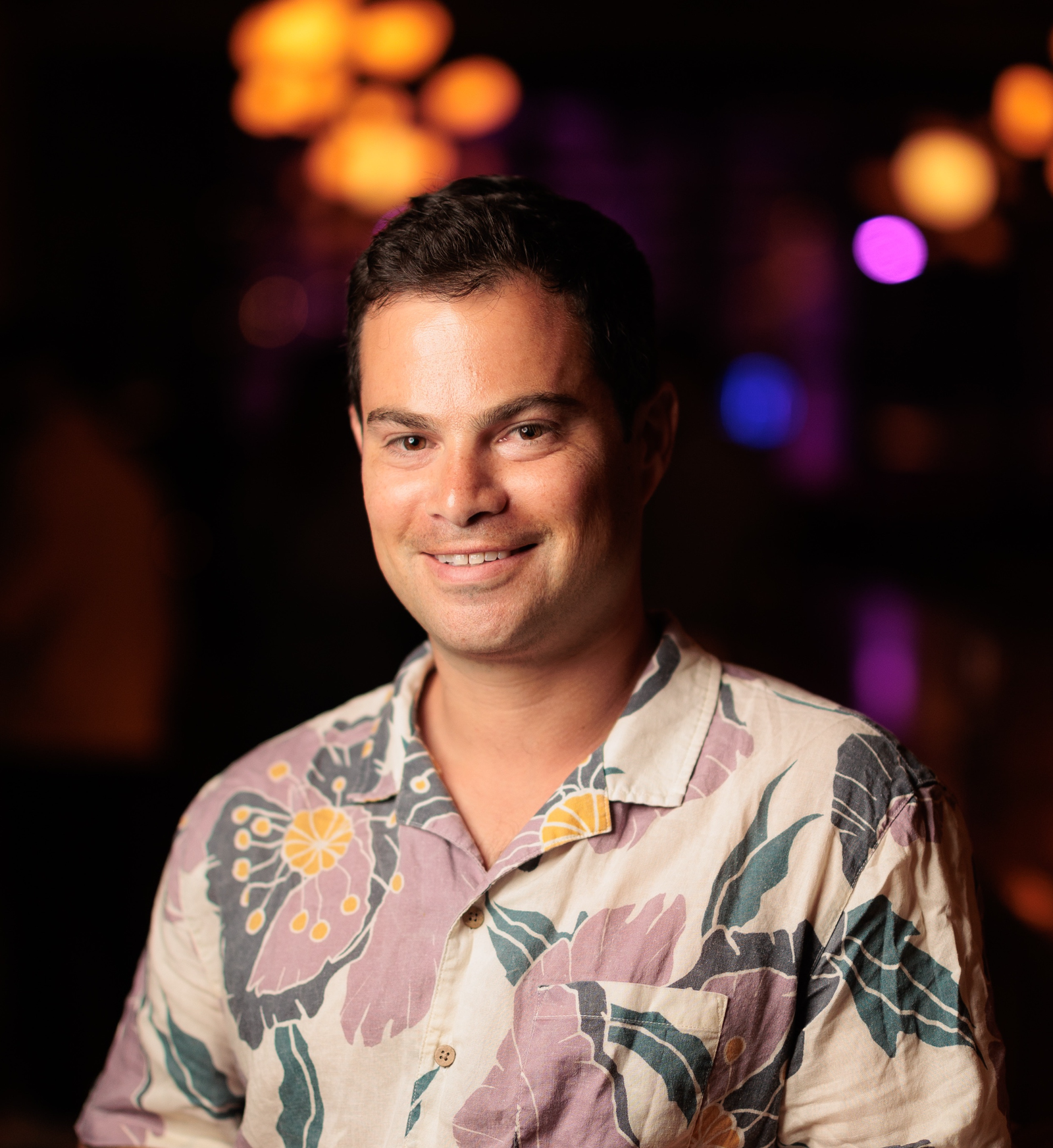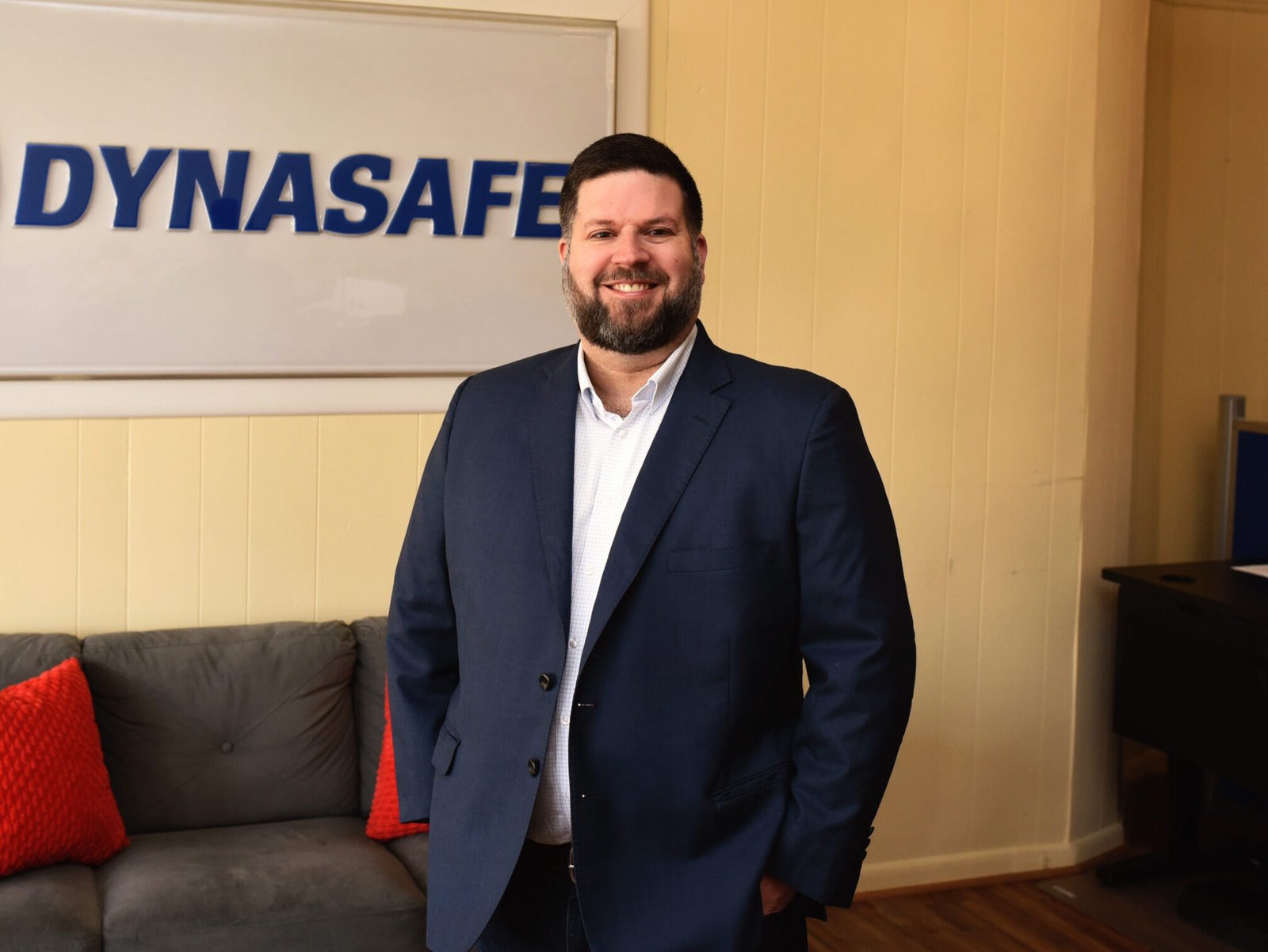I recently went one-on-one with Danny Frenkel, founder and CEO of PunchUp Live.
Adam: Thanks again for taking the time to share your advice. First things first, though, I am sure readers would love to learn more about you. How did you get here? What experiences, failures, setbacks, or challenges have been most instrumental to your growth?
Danny: I got here by burying my entrepreneurial desires for almost two decades. I started my career working at Accenture with essentially the rest of my career spent at Facebook/Meta. I was so lucky to start at Facebook as early as I did because it taught me both what it was like to work at a small and fast-moving company and also because I got to take part in the development of the digital advertising ecosystem. The irony is getting the job was a complete fluke because I had no background in the role I was hired for, Advertising Operations. I essentially just asked the first person who interviewed me a bunch of questions about what they did and then regurgitated that same information to the rest of the interviewers. This is a true story, but on the first day of orientation, I pulled aside a new colleague and asked them in detail what the role was I had just been hired for because I still had no clue.
I’ve had many setbacks throughout my career, including when I left Facebook for 6 months to go to another company, only to return 6 months later feeling both lucky that I could return and a failure that I hadn’t succeeded at the other company. Layered on top of that was a breakup and a general miserable time in my life – which in retrospect allowed me to strip away my ego and get to know myself and my actual goals better. In many ways, I’ve been waiting for the right time and opportunity ever since to pursue starting my own company.
Adam: How did you come up with your business idea? What advice do you have for others on how to come up with great ideas?
Danny: The idea for my business came from a combination of my love for Stand Up Comedy and my background in data privacy and ads measurement. I realized over the last couple years that incentives are not properly aligned between comedians and the large social media companies they rely on to reach their audiences. This point was hammered home from a particular lunch a couple years ago. I was eating with a famous comedian I’d become friends with who told me a story: They would do an “Ask Me Anything” when they were on a plane. One time a fan asked them the question “My friend just hit me with his bicycle, what should I do to get them back?” and he jokingly responded, “Run them over with your car”. He got banned from a social media site for a long time because he was Inciting Violence according to their policies. I understood both sides of the story- that the comedian was clearly making a joke and that social media sites with billions of users don’t have the ability to screen for sarcasm in content. That was probably my earliest realization that over the long run, these two sets of needs (comedians to be funny and social media to be a moderated environment at scale) were incompatible and that there was likely a better model.
In terms of advice for others- my best advice is to choose something you truly love. Starting your own company is a crazy proposition, the only real way I can imagine succeeding is to dedicate yourself to it and work very hard. That’s only possible if you love what you are working on. It’s been over a year now where I have not taken more than 4 hours off of work, and the reason I’ve been able to do it is because I love watching comedy, I love what comedy represents and I love the people who choose to spend their life in the space.
Adam: How did you know your business idea was worth pursuing? What advice do you have on how to best test a business idea?
Danny: My cofounder and I talked to about 14 different comedians and comedy managers before we went all in. At the time the positive reception of our idea felt like validation that there was something worth pursuing, but in reality, I don’t know if it’s ever possible to know definitively that you are on to something…until you actually try to start it. There are so many variables involved in starting a business, to me the only reason to start a business is because you really want to start a business. Having an idea is a prerequisite, but it’s still only a small fraction of what’s required to succeed. Having the right partner, the right employees, the right investors, the right connections, etc. matters significantly more when added up. I truly believe you start a business because it’s a life experience you want to have, expecting success is going to make the inevitable setbacks even more difficult.
Adam: What are the key steps you have taken to grow your business? What advice do you have for others on how to take their businesses to the next level?
Danny: I learned at Facebook that if you have solid measurement on your impact on other people’s businesses, then it’s a lot easier to convince people to adopt your solutions. From the start, we’ve spent considerable time and effort enabling experiments to prove out the value of our products. This gave us a bunch of early case studies we could use to display why others should leverage us. My advice for others is the same- build a differentiated product and invest in measuring why your solution enables others to succeed.
Adam: What are your best sales and marketing tips?
Danny: No one at our company has a traditional sales or marketing background, other than me in the very early part of my career. In some ways, I think this has hurt us but in others, I think it’s allowed us to stand out as trustworthy because folks know we have to rely on data and insights to pitch our product rather than smooth narratives. I’m intent on building a company without bullshit- which means our PowerPoints will likely not have cool animations, but our solutions work.
Adam: In your experience, what are the defining qualities of an effective leader? How can leaders and aspiring leaders take their leadership skills to the next level?
Danny: To me, a good leader is one who is able to employ critical thinking to decisions and effectively communicate both the decision and the reasoning to employees, clients, partners etc. At Facebook, Mark Zuckerberg would hold a Q&A session with employees every Friday. In the early days there was a lot of trust that what was said there wouldn’t be leaked, and so Mark was very open and transparent. I learned that decisions that seemed simple on the surface could have significant complexity once you got into the details. I deeply appreciated exposure to Mark’s thinking and learned an enormous amount from those sessions.
My general operating principle is that the best ideas should always win. I encourage everyone at the company to question our decisions, as long as they can persuasively explain their reasoning. The worst thing I can imagine a leader doing is proving stubborn that they know better than anyone else.
Adam: What is your best advice on building, leading, and managing teams?
Danny: My best advice for all of those scenarios is to ensure you and everyone who works for you completely understand the problem(s) you are trying to solve and how you are going to gauge success. Building a company is a team sport and the more everyone understands what you are trying to accomplish and what their role is in that, the more efficiently you’ll be able to operate.
Adam: What are your three best tips applicable to entrepreneurs, executives, and civic leaders?
Danny:
-
Do something you care about – money isn’t reason enough over the long run to do good work.
-
Always lean towards transparency and honesty.
-
Live in reality.
Adam: What is the single best piece of advice you have ever received?
Danny: Best piece of advice I ever received was actually from my mother when I was very young. I’d procrastinated doing my homework over the weekend and was panicking I couldn’t get it all done. Instead of being angry, she sat down and helped me put together a list of everything I needed to do and told me my only option was to start working and try to get as much of it done as possible. Having a plan and knowing I couldn’t fix my procrastination but could make the most of the time I had left in the weekend was very comforting. I feel this same sentiment all the time these days, where I have too much to get done and am overwhelmed by it. However, I always come back to that same lesson of writing out a plan, putting in the most effort I can, and being ok with that.









